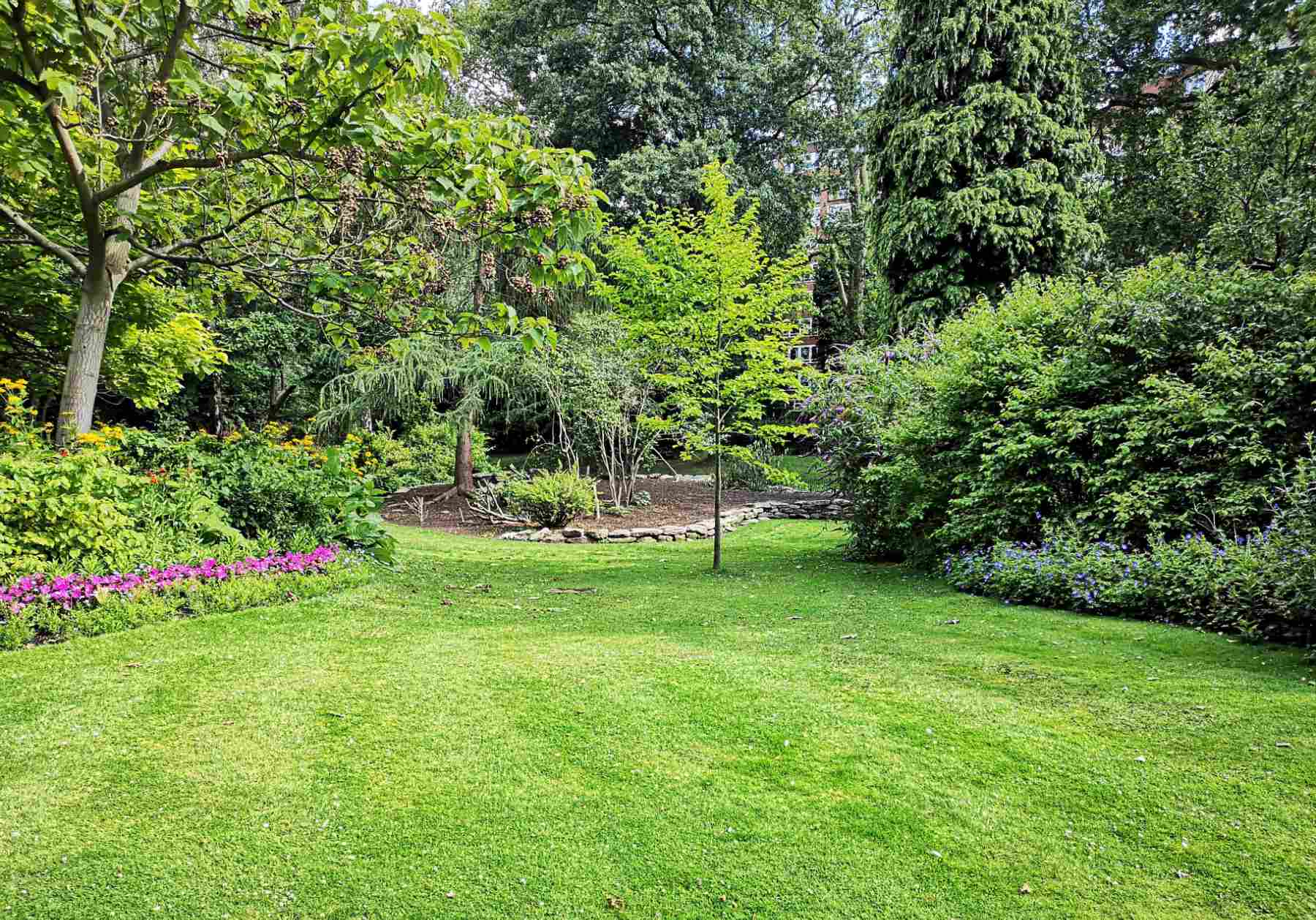Our gardens are our private retreats; places from which we seek quiet and respite, or places into which we invite friends and family for fun and relaxation. Of the nearly three-quarters of UK adults that have access to a private garden, more than half have found their garden spaces to provide them with some form of joy or pleasure.
Naturally, the poorly-kept garden will do less for one’s constitution than a well-maintained one – and even as the winter draws in, you may find yourself struggling with the state of your garden after a long summer of growth. Starting a new project to get your garden ready for next year may be a tempting proposition, but there are some essential things you should take into consideration before you plunge yourself into a new garden or landscaping project.
Plan Carefully
For one, planning is crucial – as with larger-scale projects of any kind. This is especially true when taking the colder, shorter days of the winter months into consideration. Projects involving the building of structures may take more time, and certain phases of your project may be delayed by adverse weather.
Planning ahead also forces you to make concrete decisions on your ideal outcome before you start investing in tools and equipment. By knowing what your ideal finished garden will look like before you start, you can avoid certain key pitfalls.
Choose Materials Carefully
When it comes to buying up materials for your new garden project, resilience is key. The UK’s weather patterns are changeable, and becoming more erratic. Whether you are building a patio pergola or seeking wooden sleepers to bound your new flowerbeds, you should opt for more weather-resistant wood products as opposed to untreated materials. This way, they will remain resilient in the face of excessive rain or humidity.
In rebuilding flowerbeds or creating new areas for growth, you will also need to invest in soil and compost, and even gravel for patio or drive areas and sidings. In order to buy these economically, you will need to understand how much you need – illustrating again the need for a good and robust garden design plan.
Think Ecologically
Lastly, and perhaps most presciently, you should think ecologically about your material purchasing and overall garden plans. Between an ongoing global climate crisis and domestic ecological issues such as declining bee numbers and water shortages, there are certain things it may be wise to consider or even avoid.
For example, introducing unsustainable plastics into your garden could cause microplastics to filter down to your local aquifer. A large water feature may be wasteful of water when reservoirs are historically low. Certain patio solutions, such as concrete constructions or centrally-heated outbuildings, could increase your home’s carbon footprint considerably.
What sustainable alternatives may you be able to incorporate into your garden plans? Solar lighting and green heating solutions could be strong options, as would electing to use sustainable materials in the form of timber over plastic.







